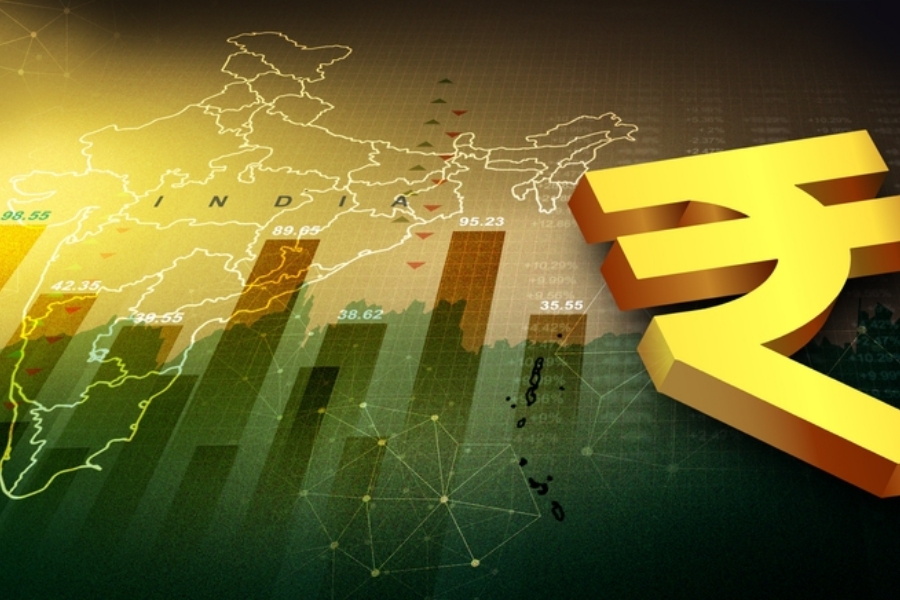India's advertising market soars, but can it elevate the global agency groups?
As the eighth-largest advertising market, India's importance in volume, revenue, and innovation cannot be ignored. Ian Whittaker analyses if current contributions to global agency groups fall short of expectations.
by Ian Whittaker

Please sign in below or access limited articles a month after free, fast registration.
If you don’t yet have an account, you can register for free to unlock additional content. For full access to everything we offer, view our subscription plans.
Sign In
Register for free
✓ Access limited free articles each month
✓ Email bulletins – top industry news and insights delivered straight to your inbox
Subscribe
✓ Unlimited access to all Campaign Asia content
✓ Real-world campaign case studies and career insights
✓ Exclusive reports, industry news, and annual features
